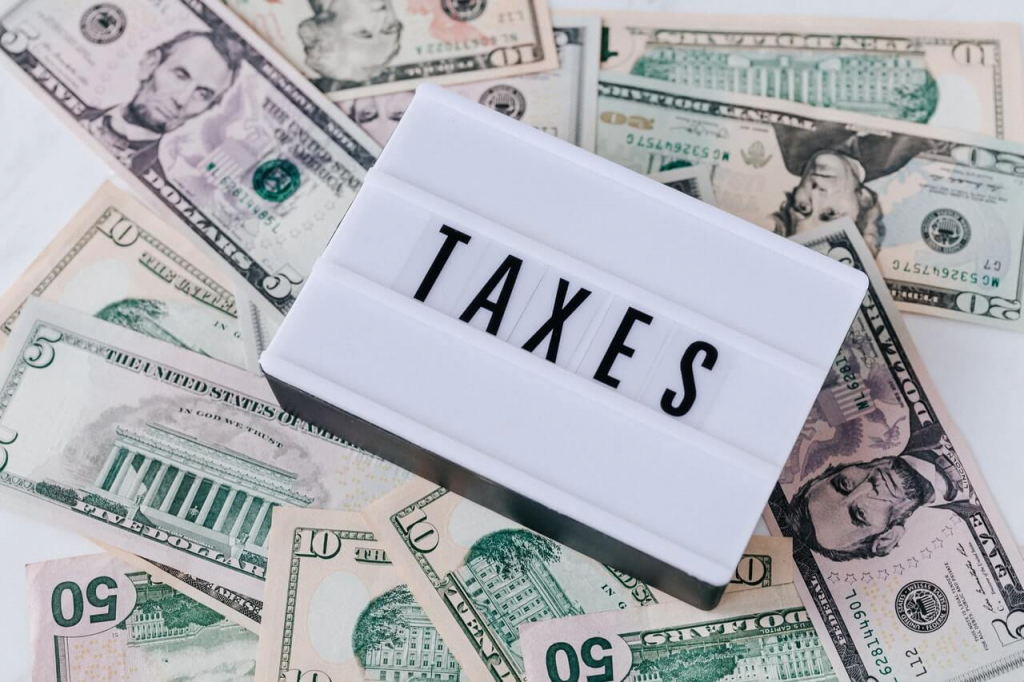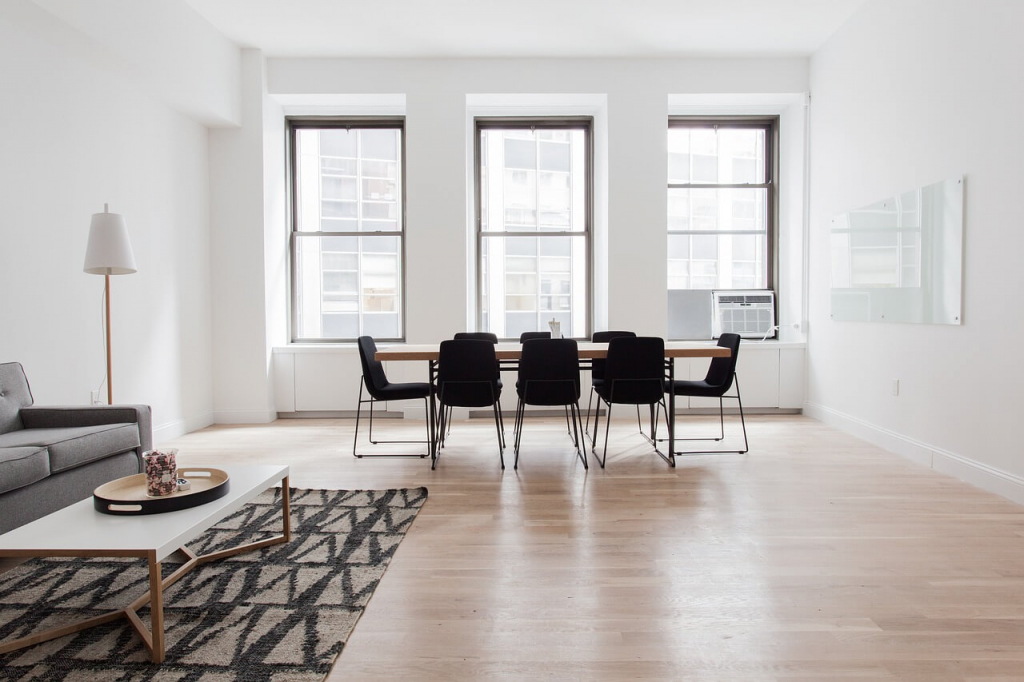Renting out properties is a great way to earn money. It can produce a stable income that can cover your expenses, and we all know that landlords have a lot of those. Managing all the expenditures can become a difficult task for landlords. After all, you have bills and taxes to pay. Speaking of taxes, are you paying just enough, or are you paying more than you have to?
You might not be aware of it, but you can lessen your taxes. There are tax deductions that some landlords do not know. Don’t worry. I’ll let you in on the secret.

If you plan on deducting your expenses from your taxes, make sure that you have complete and detailed records. The costs are required to be related to the rental.
Repair
Repairs are necessary to maintain the property in good condition. The cost of repairs can be one of the things to be deducted. Make sure that these are reasonable and essential. It may include painting, fixing pipe leaks, and replacing doors and windows.
Interest
There might be instances that you will need to file for loans to cover the cost of improving your property. The interest from that loan can also be deducted from your taxes. Others include mortgage and credit card interests. These items are deductible as long as they are business-related.
Own property
For fully furnished units, the landlord will provide the furniture and appliances. The costs to acquire these essential items could be deducted in one year.

Insurance
A landlord should have insurance to have financial assistance once the need arises. The premiums are also paid for by the landlords, and the cost for this is deductible.
Contractors and Employees
Hiring your employees and contractors may be an additional expense, but having them is important in managing your property. They may be part-time or full-time, but they are getting paid. You can deduct the wages as it is a business-related expense.
Legal and Professional Fees
There are instances that you will need to ask help from professionals to guide you on some aspects. These professionals can be lawyers and rental agents. Their services are not free, and the landlord has to cover the cost.
Office Expenses
The overhead expenses that came with setting up your home office can also be included in this list. You have to make sure that you conduct the majority of your business there. The amount for the deduction will depend on the space your office occupies.
Travel Expenses
You are not expected to accomplish all your duties in your office alone. This business involves a lot of traveling. For example, you have to go to one of your properties to check up on a complaint that your tenant filed. The expenses you can deduct may include toll fees, gas, registration fees, and interest on your car loan.

Depreciation
The cost of the property will not be fully deductible in the year you paid for it. You will get back the cost of property through depreciation. Depreciable assets include furniture, appliances, and improvements made to the unit.
Advertising
Advertising your property will play a big part in this business. Without advertising, filling in a vacancy can become difficult. Good thing that there are websites like Padleads that let you create your property listings for a reasonable price, which can also be deductible to your tax.
A good landlord should not only know how to spend money wisely but also how to save it. Some landlords are barely making enough for their expenses and have little profit left over. But you can grab the chance to save money by being aware of these tax write-offs.